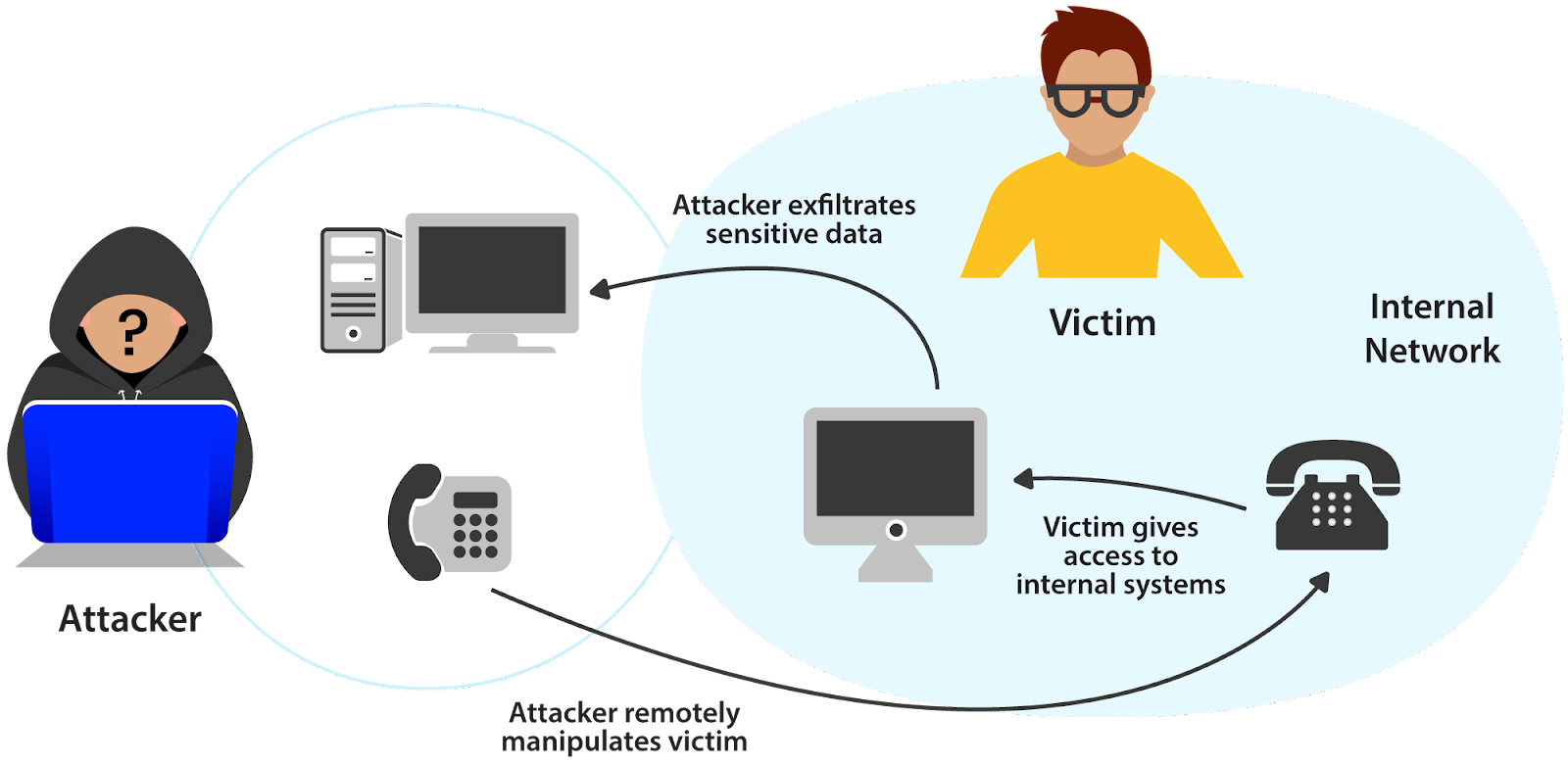Police and Telecoms Unite to Combat Evolving Voice Phishing Threats

In May, police in Daejeon, South Korea, intervened in a potential voice phishing case involving a woman in her twenties, identified as A. After receiving a suspicious call from the Financial Supervisory Service, A cut off communication with her family and checked into a motel. Her boyfriend, concerned that she had fallen victim to a scam, alerted the authorities. Upon locating her, police found that A had been instructed by a supposed 'Financial Supervisory Service official' not to show her phone to anyone. After an hour of persuasion, she handed over her device, revealing three malicious apps installed under the direction of a criminal organization, along with notes containing bank details for money transfers. Fortunately, no financial loss occurred.
To tackle the rising tide of voice phishing, which has seen a dramatic increase in victims, the police are collaborating with the three major telecommunications companies and four major banking groups to establish a 'joint real-time defense system.' This initiative aims to share the identities of suspected victims and proactively block any attempts to transfer or withdraw funds. The National Police Agency plans to announce further measures to eradicate voice phishing soon.
Voice phishing tactics have evolved, with criminals impersonating financial institutions or law enforcement to install malicious apps on victims' phones, allowing remote control of their devices. Once these apps are installed, the scammers can intercept any emergency calls the victim attempts to make, complicating the situation further. A police spokesperson noted that, similar to A's case, many victims are skeptical of police intervention, making it challenging to convince them they are being scammed.
To enhance prevention efforts, the police will compile a 'potential victim list' based on phone numbers suspected of being infected with malicious apps, which will be shared with banks. If any unusual transaction attempts are detected from these customers, the banks will automatically block the transfers.
Since August of last year, the police have been receiving real-time updates from telecom companies regarding phone numbers suspected of app infections. This process involves identifying domestic IP addresses communicating with overseas servers used by voice phishing organizations. On some days, the police receive over 1,000 such numbers. They have already prevented approximately 18.6 billion KRW in potential losses by identifying around 32,000 phone numbers linked to these scams.
However, tracking down victims based on these numbers and persuading them in person has proven inefficient. Therefore, the police plan to provide banks with a list of 'suspected victims' to prevent any money transfers altogether. Since December, they have been working with 26 banks, including the four major ones, to establish a system for sharing these lists. Given that some victims may have already withdrawn cash, police will also conduct home visits to those suspected of app infections.
In a related development, the Presidential Office held an emergency meeting led by Chief of AI Future Planning, Ha Jung-woo, to discuss strategies against voice phishing. Participants included officials from the Ministry of Science and ICT, the Korea Internet & Security Agency, the three telecom companies, Samsung Electronics, and the National Police Agency. The meeting focused on utilizing AI-based phone applications from telecom companies like A-dot, WhoWho, and Exio to prevent voice phishing incidents. They also reviewed anti-voice phishing technologies embedded in Samsung Galaxy smartphones and discussed future AI applications to strengthen response measures.
What do you think?
0 reactions





